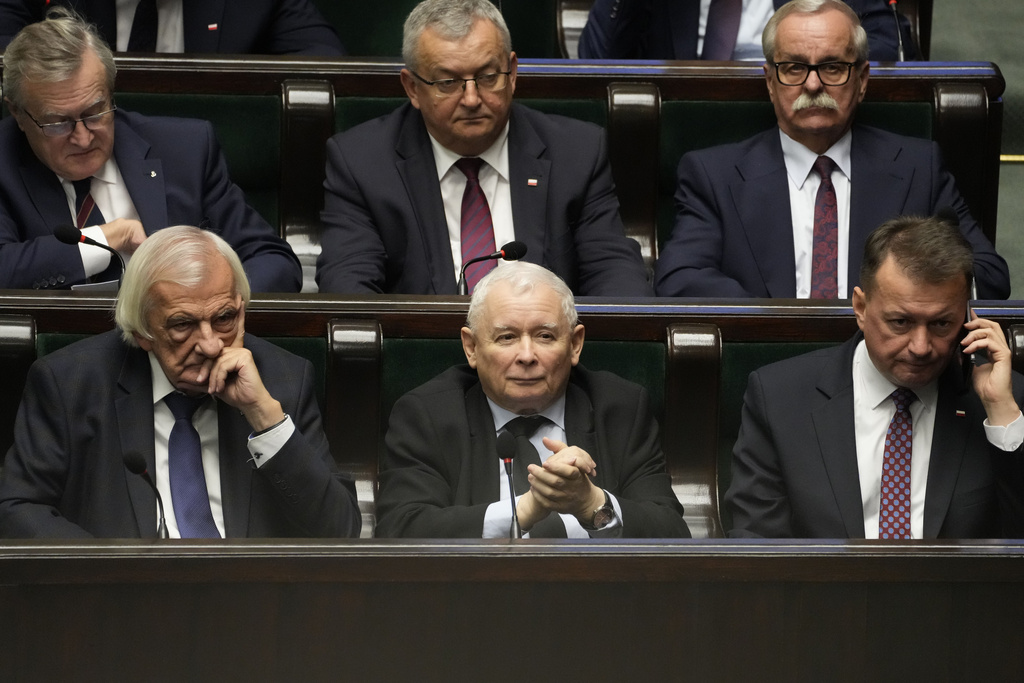In a surprising turn of events, Law and Justice Party (PiS), which holds the most seats in the Polish parliament, did not secure a position in the new presidium, as Elżbieta Witek was blocked from becoming the deputy speaker.
Witek received 203 votes in her favor but was opposed by 252 deputies, with three abstentions. Meanwhile, Dorota Niedziela and Monika Wielichowska from the Civic Coalition (KO), Krzysztof Bosak from Confederation, Włodzimierz Czarzasty from the Left, and Piotr Zgorzelski from the Polish People’s Party (PSL) will become deputy speakers.
Earlier, the deputies elected Szymon Hołownia as the Speaker of the Sejm from the Third Way coalition. Hołownia has indicated that PiS should present another candidate at a later date, and the Sejm will revisit this matter. PiS leader Jarosław Kaczyński has said his party would not propose another candidate, suggesting that the strongest parliamentary representation could be left without an official in the presidium of the Sejm.
Political scientist Paweł Musiałek, speaking to niezalezna.pl conservative news outlet, described this as “a very bad sign at the start of the term.” Opposition votes against Witek’s candidacy marked a troubling beginning for the 10th term of the Sejm, in his view.
Musiałek said it is problematic when the first day of the new Sejm term begins with a demonstration of political superiority by the current authorities over the transitioning PiS opposition.
This forebodes years of parliamentary dispute and deviates from the traditional practice, where parliamentary clubs nominate their candidates for the deputy speaker positions without interference from other parties. He particularly emphasized Witek’s extensive parliamentary experience, noting that she served as speaker of the Sejm for many years and is not known to the public as a highly controversial or conflict-prone figure, highlighting her capacity for dialogue with the opposition






